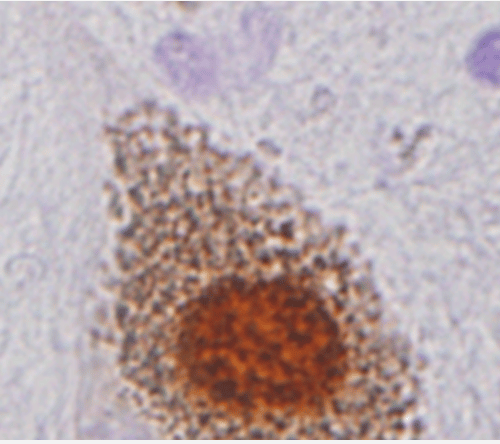Phase 1a trial findings of iLCT prioritised drug, Anle138b

The findings of the phase 1a clinical trial of Anle138b have been published. Anle138b is a new drug that targets the build-up of alpha synuclein, a protein that clumps together in Parkinson’s. In 2019, it was prioritised by our International Linked Clinical Trials (iLCT) committee for clinical testing to determine its potential to slow the progression of the disease.
Anle138b was initially developed by German biotech company Modag to treat Multiple Systems Atrophy (MSA) and preclinical studies showed promising results for its potential use in treating Parkinson’s. When tested in the laboratory, Anle138b slowed down the clumping of alpha-synuclein and reduced neuron death.
This preclinical data paved the way for the phase 1a trial where anle138b was taken by healthy participants who were randomly chosen to take the drug or a placebo. The trial team primarily looked at whether the drug was safe and tolerable to take, and then they studied the drug’s absorption, its distribution throughout the body, and how the body metabolised and excreted the drug at varying dosages. The findings showed good levels of safety and it was well tolerated; they also showed enough of the drug had reached the brain at levels that were effective in preclinical testing.
These promising results suggest that further studies of Anle138b should be conducted in people with Parkinson’s to test its effect on alpha-synuclein build up in the brain and whether it slows disease progression. Cure Parkinson’s will continue to monitor the progress of this important iLCT prioritised drug candidate.







